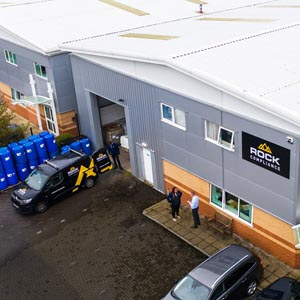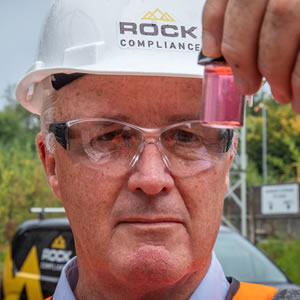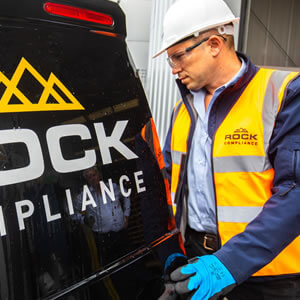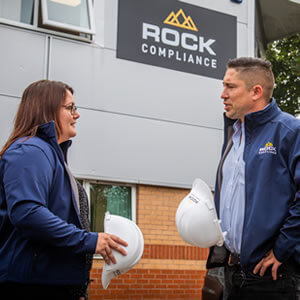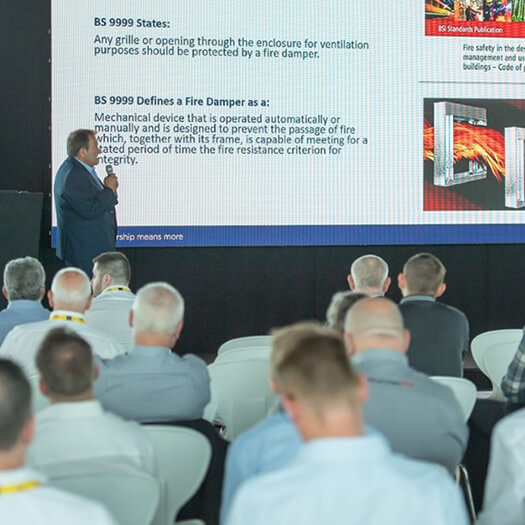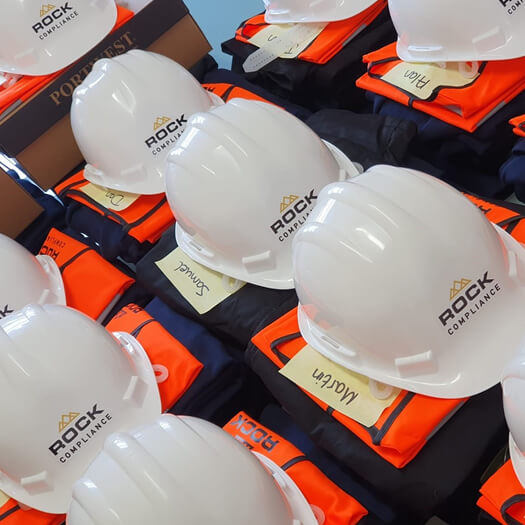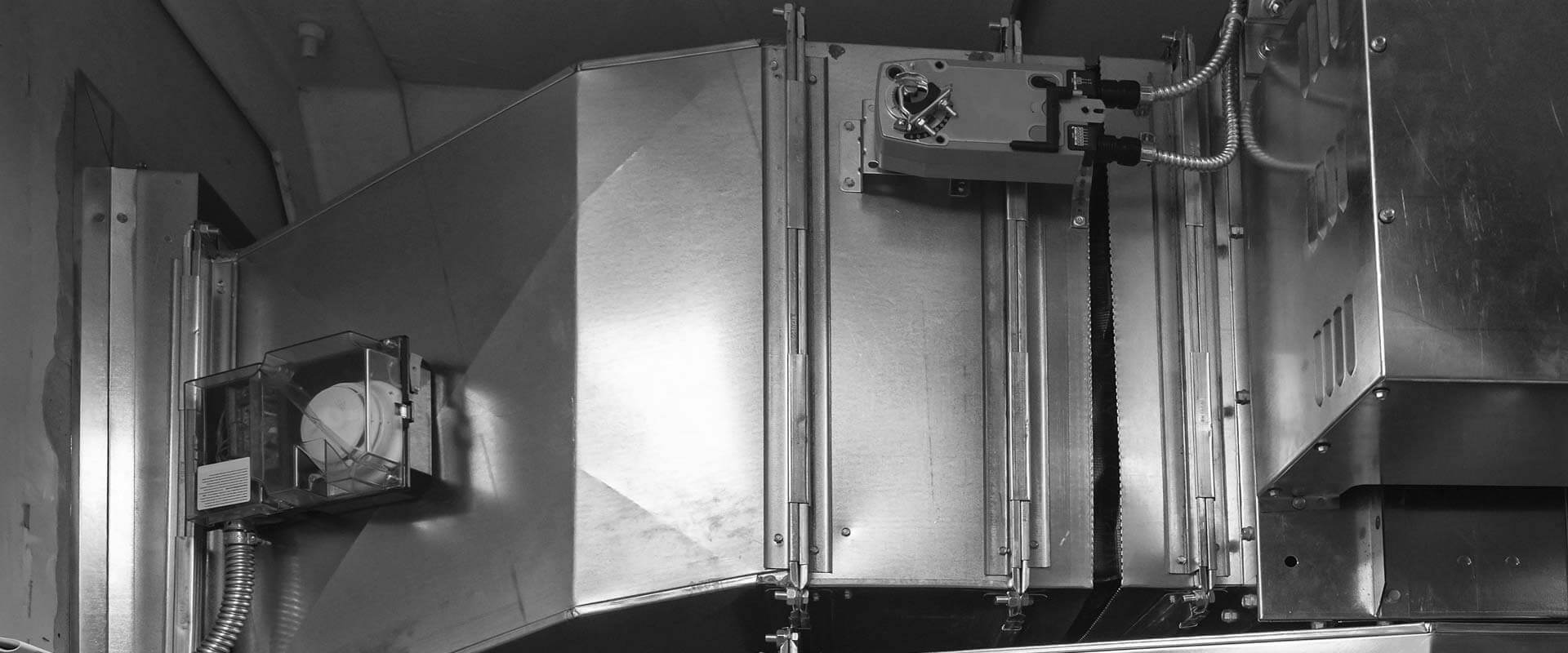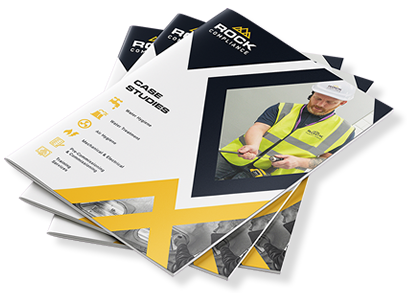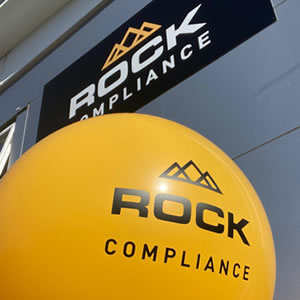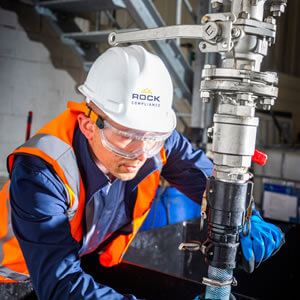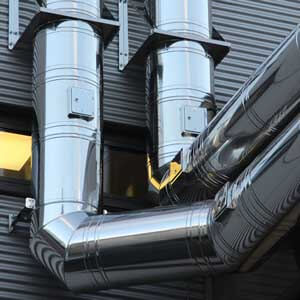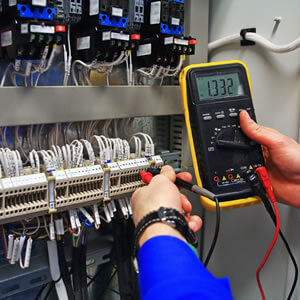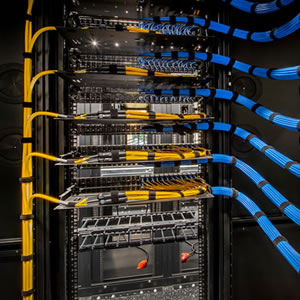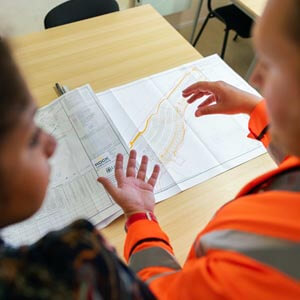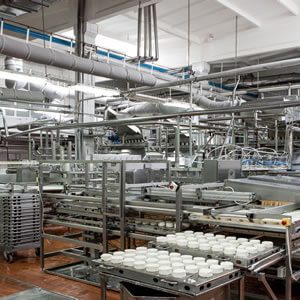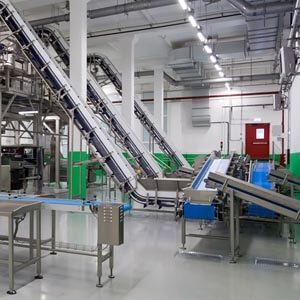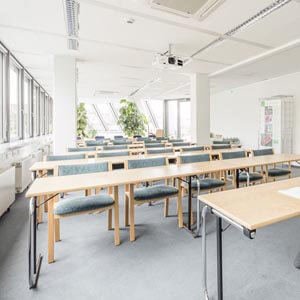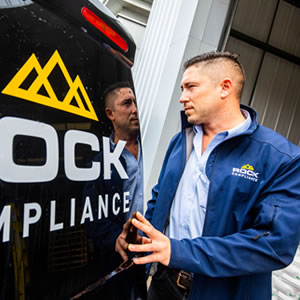The importance of indoor air quality (IAQ)
According to the World Green Building Council report on Health, Wellbeing and Productivity in Offices, research suggests that better indoor air quality can lead to productivity improvements of 8-11%. For good indoor air quality (IAQ), it’s important to have low concentrations of CO2 and pollutants, and high ventilation rates.
A healthy and productive workforce, with a lower rate of absenteeism, can have a significant financial impact for employers. Add to this the fact that a ductwork system that is not running efficiently has higher operating costs due to increased energy consumption. It also may need potentially expensive remedial works. When looked at like this, the financial benefits of having a resilient air hygiene strategy are obvious.
A legal responsibility
You know that as a property owner, landlord or duty holder, you have a legal responsibility to ensure that your premises are safe for anyone using them. Air hygiene forms a vital part of this responsibility. No one wants to spend time in an environment where a badly maintained ductwork system is contributing to poor indoor air quality. Poor IAQ can even lead to ill-health or, as it is sometimes called, sick building syndrome (SBS).
Fire is another major risk. If ventilation ducts are not cleaned properly, over time a layer of highly flammable grease, lint and dirt can build up on surfaces. Fires within ductwork are very difficult to stop once they start. As well as the danger this presents to life, damage is often serious. In the worst scenario, businesses may even be forced to close.
Fortunately, help is at hand. You can protect yourself and your staff and safeguard against future unexpected cost and inconvenience with an air hygiene compliance plan from Rock Compliance. There is a lot of complex legislation and guidance to navigate, so avoid risk by leaving it to the experts at Team Rock.
Protect your people. Protect your buildings. Protect your reputation. Rock Compliance makes it simple.


Over the years, we have neglected the role that the air circulating inside a building plays in the way germs and viruses may spread between people. The pandemic has exposed that deficiency in our understanding and the way we seek to make buildings safer to use.
Action to improve ventilation to reduce exposure to airborne pathogens will bring other benefits, including reducing exposure to other air pollutants and improved performance and wellbeing.
Cath Noakes
Professor of Environmental Engineering for Buildings at Leeds University, and a member of SAGE
